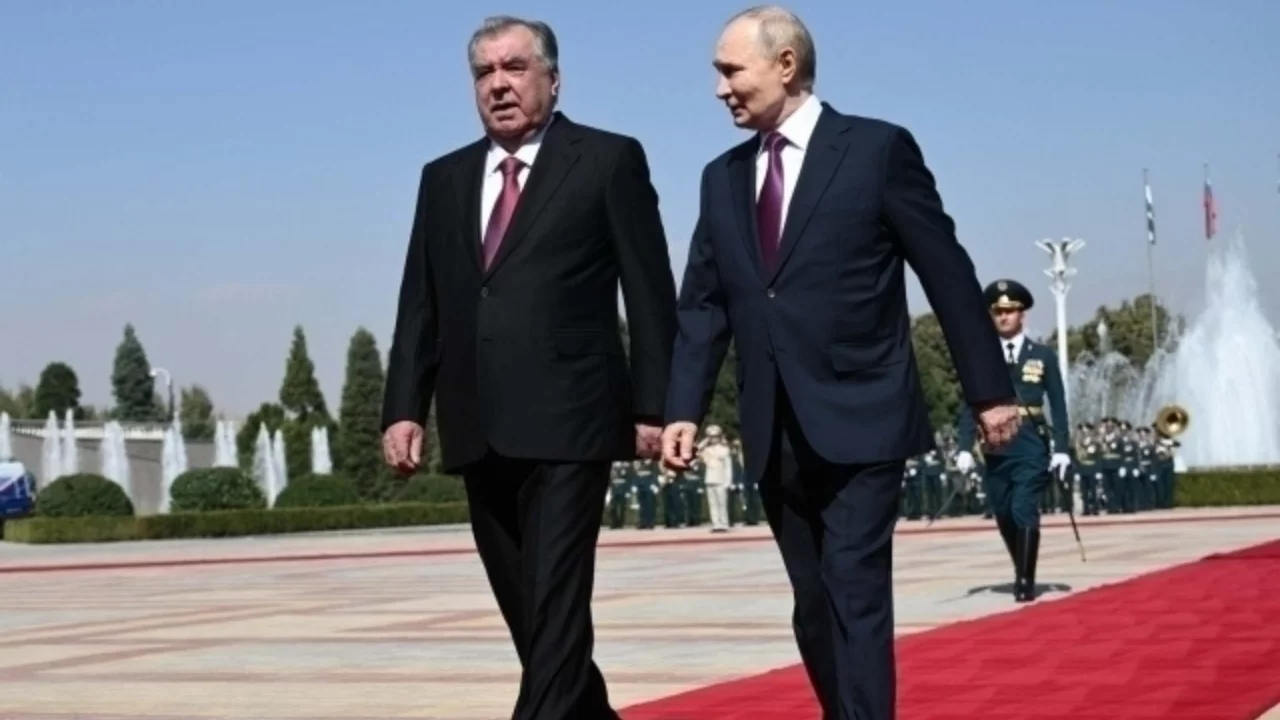Putin told Rahmon: "I am grateful for your attention to the Russian language"

Strategic cooperation between Russia and Tajikistan is reaching a new stage. On October 9, during the talks in Moscow, Russian President Vladimir Putin expressed sincere gratitude to Tajik President Emomali Rahmon for his great attention and support toward the Russian language in the country.
“As we know, the Russian language in Tajikistan holds constitutional status as a language of interethnic communication. The president of the republic pays great attention to this matter; we appreciate it and sincerely thank him,” Putin said at the press conference.
According to the president, five schools in Dushanbe and other cities currently operate based on Russian educational standards, teaching about 5,700 students.
Additionally, within the framework of the “Russian Teacher Abroad” program, over 100 educators were sent to Tajikistan last year. They work alongside local teachers to improve the quality of education and deepen Russian language learning.
Interest in the Russian language is also growing in higher education. About 35,000 students are currently studying in branches of Russian universities in Tajikistan, at the Russian-Tajik Slavic University, and in universities across Russia.
Putin emphasized that Tajikistan is among the CIS countries receiving the largest number of Russian government scholarships. Every year, 1,000 state grants are allocated for Tajik students — one of the highest figures in the region.
Russia’s educational support does not stop there. In Dushanbe, an international education center for gifted children is under construction. A new building for the State Russian Drama Theater named after Vladimir Mayakovsky is also being built with Russian assistance.
Experts note that such initiatives further strengthen cultural and educational ties between the two countries. Preserving the role of the Russian language in Tajikistan is becoming an important factor not only in education but also in economic and humanitarian cooperation.
Thus, the meeting in Moscow is expected to be remembered not only as a political event but also as a symbol of cultural friendship.
Read “Zamin” on Telegram!




















